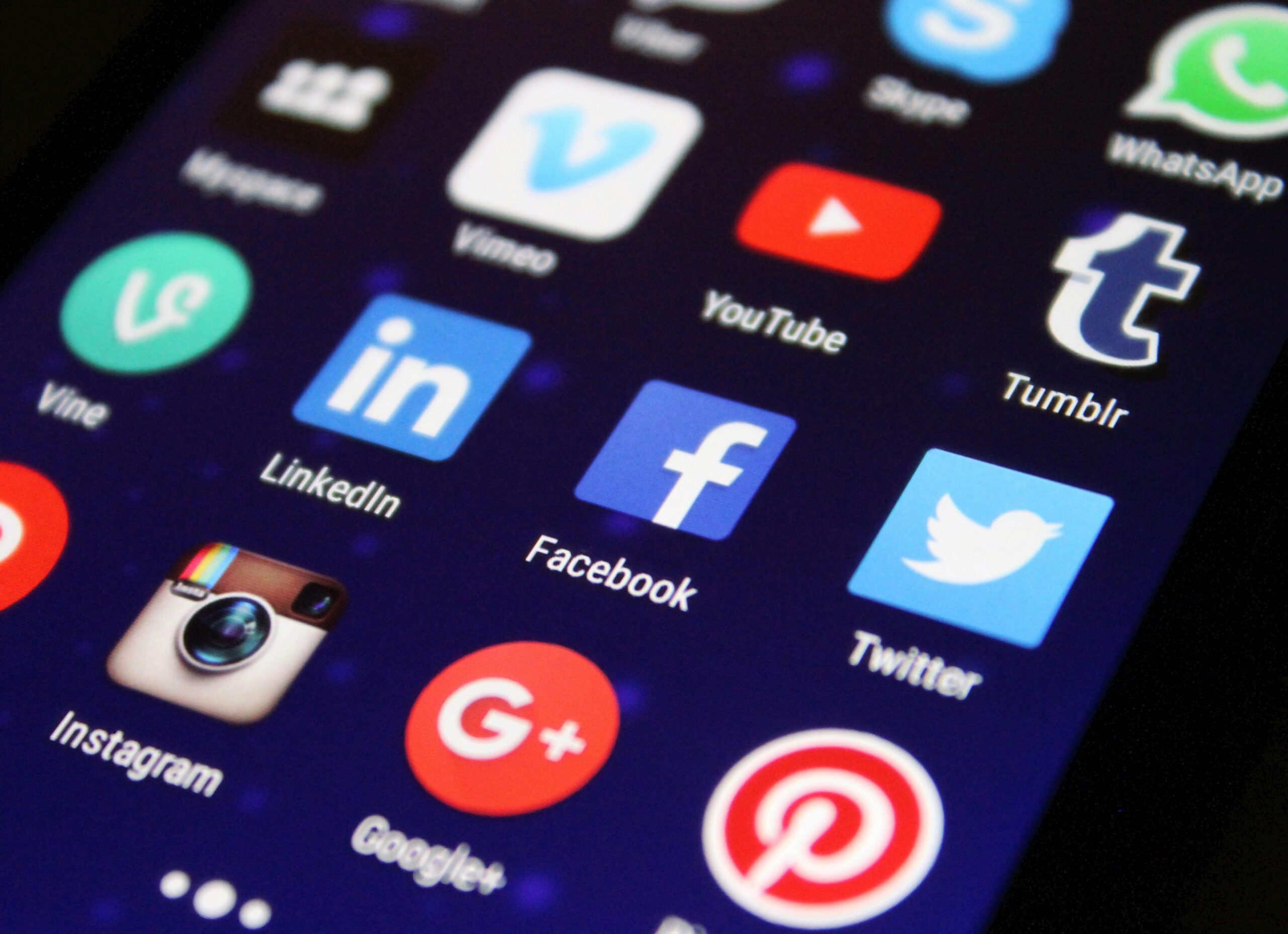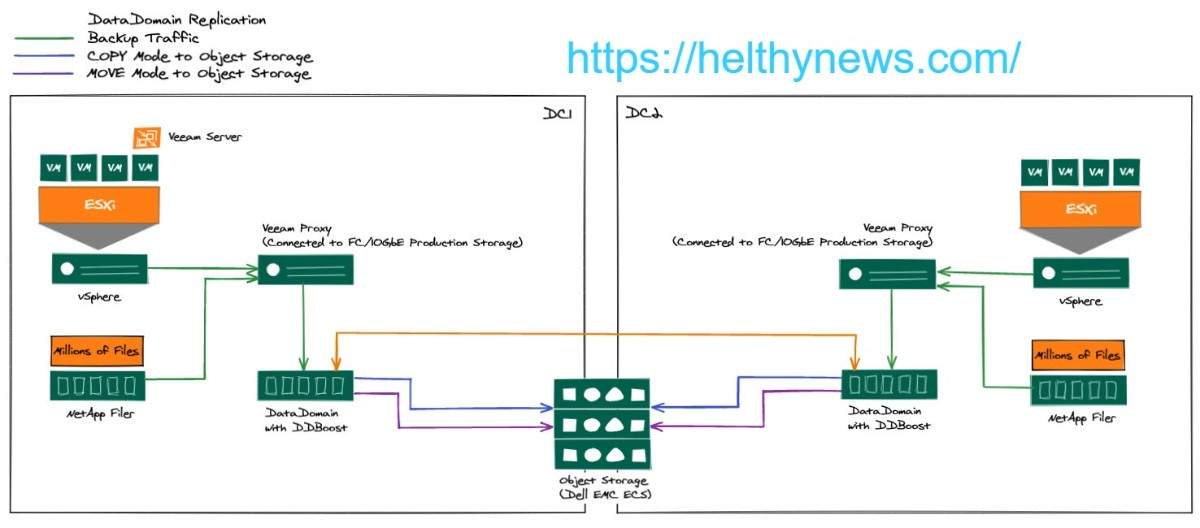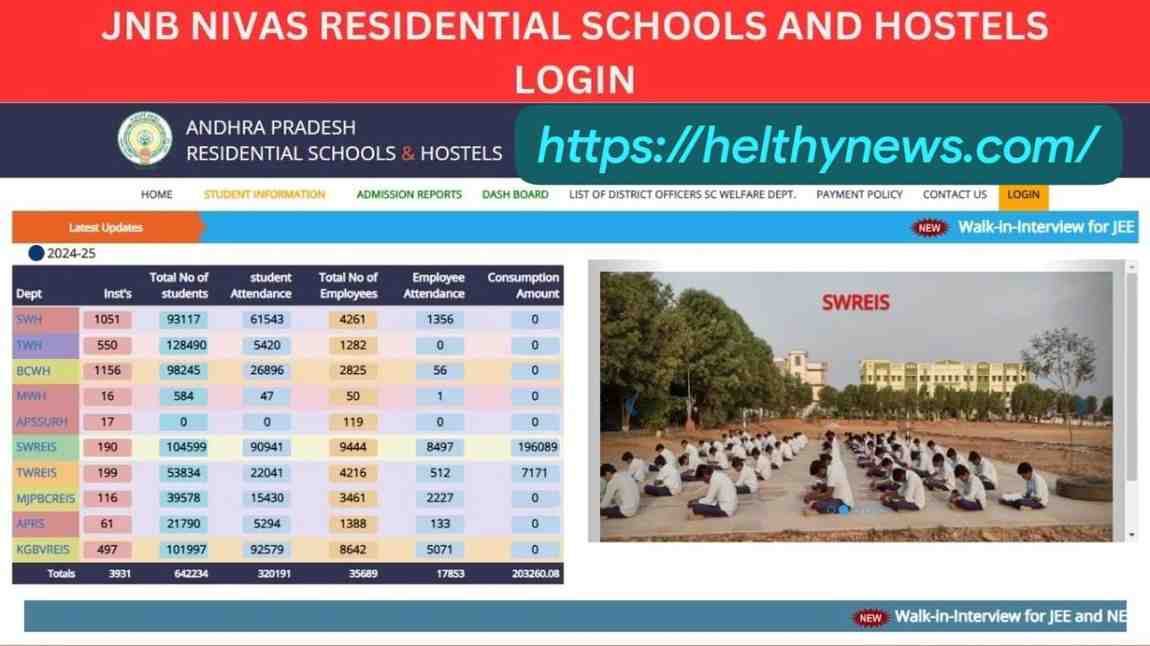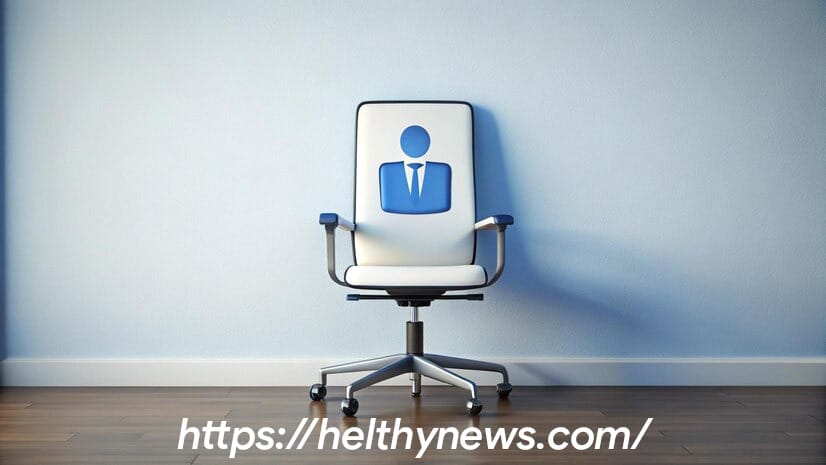
In the vibrant world of social media, where likes define self-worth and endless scrolling consumes time, balance can seem elusive. Yet, within this digital maze, you can reclaim your mental well-being and build healthier online habits.
Picture a life where social media enriches rather than disrupts a space where you are in control, not controlled. In this article, we will help you master your online presence, transforming stress into a source of positivity and purposeful interactions.
Understanding the Impact of Social Media on Mental Health
According to the World Economic Forum, a significant majority of social media users, 89%, perceive it as detrimental to their mental health. Among 18-24-year-olds, 41% feel anxious, sad, or depressed due to social media, and over 50% of students experience diminished confidence.
Social media’s relentless flow of updates, images, and opinions profoundly affects our mental health. Social media seriously harms your mental health. While it connects us and builds communities, it also breeds comparison, envy, and anxiety. The chase for likes and followers can pressure us to portray perfect lives, causing stress and feelings of inadequacy.
Social media’s detrimental effects, like loneliness and depression from excessive scrolling, have led to numerous lawsuits against the platforms. People with these issues are pursuing legal action against social media, holding them responsible for worsening mental health problems.
Acknowledging these impacts is crucial for personal wellness and sparking legal measures to tackle the broader consequences of social media.
Assessing Your Social Media Use
To gain control over your social media and mental health, start by evaluating your current usage. Track daily time spent on each platform and identify patterns: Are there specific times or triggers that increase your usage? Reflect on how different activities or interactions make you feel—do they leave you anxious, happy, or drained?
Assess the quality of your engagement: Are you mindlessly scrolling or engaging in meaningful conversations? Consider the content you consume: Is it enriching, or does it promote negativity and comparison? This self-assessment helps identify areas for improvement. By understanding your habits and their emotional impacts, you can make informed decisions to adjust your usage.
Setting Boundaries and Limits
The Jed Foundation states effective strategies include tracking time on apps using built-in timers or setting personal reminders to exit. Turning off push notifications, moving apps off the home screen, and establishing “no phone zones” can also reduce usage and distractions.
Create specific times and places, like mealtime or before bed, where technology is off-limits to prevent aimless browsing. Remove or silence accounts that bring negativity or foster unhealthy comparisons, and choose to follow those that motivate and uplift you instead.
Regularly take social media detox breaks to disconnect and engage in real-life activities and relationships. Focus on quality over quantity by engaging meaningfully with content and interactions. Communicate your boundaries to friends and family for support and understanding.
Practicing Mindful Social Media Use
According to HelpGuide.org, a University of Pennsylvania study revealed that limiting social media to 30 minutes daily notably reduced various mental health issues. However, the same study revealed that even being more mindful of social media use could positively affect mood and focus.
Practicing mindful social media use means being intentional and present online. Begin by setting clear intentions before logging in: Are you looking for information, connection, or entertainment? Avoid aimless scrolling by having a purpose each time you open an app.
Observe your emotional responses to different content and unfollow accounts that trigger negative feelings. Engage thoughtfully by liking, commenting, and sharing with genuine interest rather than out of habit. Take regular breaks to reflect on your social media habits and their impact on your mood and productivity. Utilize tools like “Do Not Disturb” mode to reduce distractions and focus on real-world interactions.
Developing Healthy Offline Habits
Spend time on offline activities that make you happy and fulfilled, like exercising, reading, or engaging in hobbies. Create a daily schedule that includes breaks from screens to help your mind and body rejuvenate. Prioritize face-to-face interactions with friends and family to build deeper, more meaningful connections.
Practice mindfulness techniques like meditation or journaling to stay grounded and present. Regular physical activity can boost your mood and overall well-being. Cultivating healthy offline habits promotes balance, reduces social media dependence, and boosts mental well-being and overall life satisfaction.
Seeking Professional Help
Legal recourses are available for harm caused by digital platforms, suggests TruLaw. These include personal litigation, government regulation, community standards enforcement, antitrust actions, and data protection laws.
If social media significantly affects your mental health despite your efforts, seeking professional support is crucial. Therapists or counselors offer tailored guidance and strategies to address underlying issues like low self-esteem or anxiety exacerbated by social media. They help develop coping mechanisms and healthier habits to manage stress.
Do not hesitate to reach out if you are experiencing persistent feelings of sadness, anxiety, or inadequacy due to social media. Let us look into this real-life example to elaborate on how it affects our lives and how one could deal with it.
Michelle’s story, according to McLean Hospital, exemplifies how social media can influence mental health. Initially treated for anxiety, she found her condition exacerbated by online interactions, leading to feelings of impostor syndrome and inadequacy.
Recognizing this, Michelle and her therapist set ground rules, leading to her deleting Snapchat and experiencing lasting relief. Seeking professional help can provide valuable guidance in navigating and mitigating the negative effects of social media on mental well-being.
Frequently Asked Questions
How can I tell if social media is harming my mental health?
If you feel more stressed, anxious, or inadequate after using social media, it may be harming your mental health. Watch for mood changes like excessive comparison or negative self-talk. If social media consistently affects your well-being despite efforts to manage it, consider seeking professional support.
Can social media be used to improve mental health?
Using social media intentionally can positively affect mental health by providing support through communities and resources and enhancing well-being through engagement and sharing. Managing online time wisely is crucial, and seeking professional help if needed is important.
What should I do if I struggle to disconnect from social media?
If disconnecting from social media is challenging, set clear time limits and boundaries for usage and utilize screen time management apps. Engage in offline activities that bring fulfillment to establish a healthy balance between digital and real life.
To summarize, in a digitally dominated world, prioritizing mental well-being is crucial. By following the strategies in this guide, regain control of your digital life and protect your mental health. Establishing limits and getting professional assistance can help you use social media more purposefully. Always prioritize your mental well-being; it’s perfectly acceptable to take breaks and ask for support.





